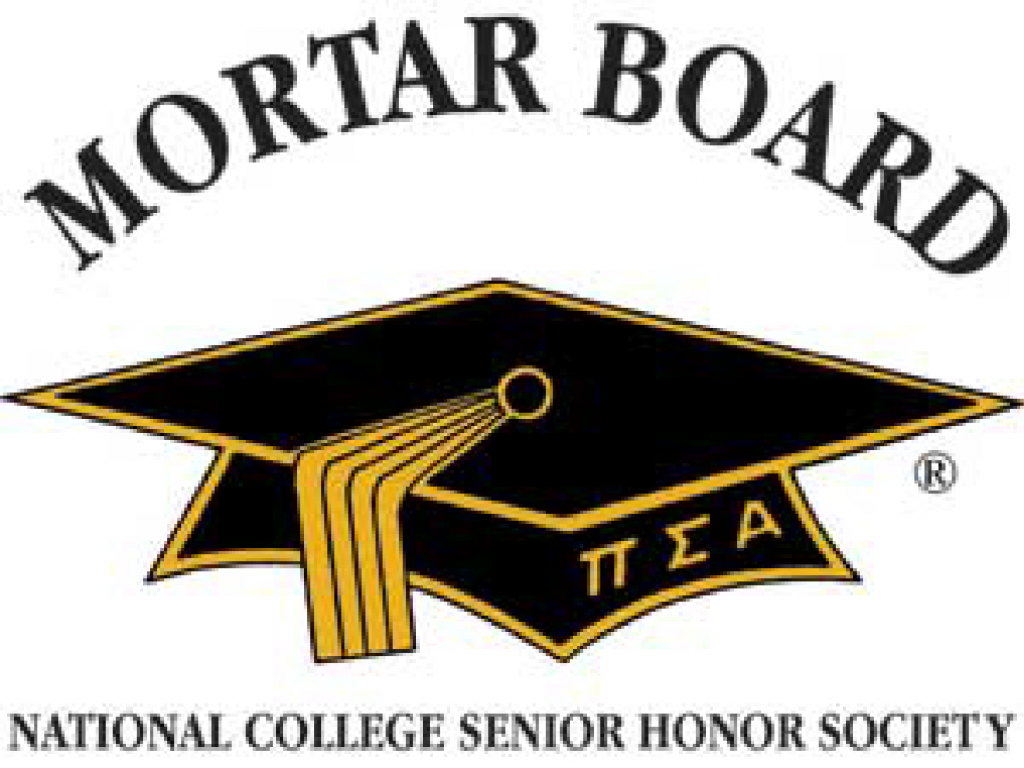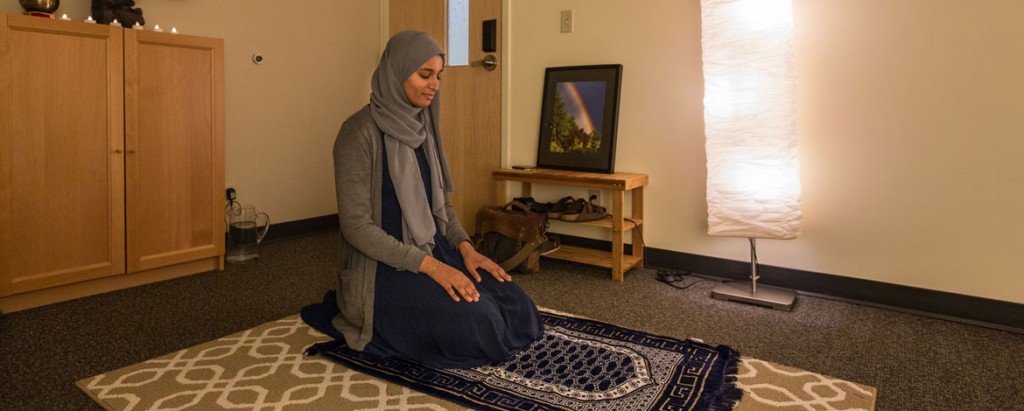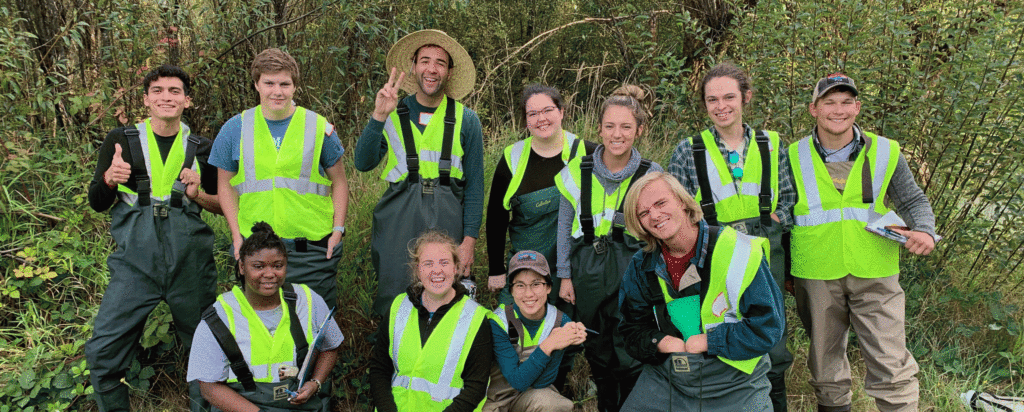Page 451 • (6,395 results in 0.036 seconds)
-
Grievance Adopted September 1997 Updated September 2001, April 2002, August 2005, November 2010, July 2014, and December 2021 I. INTRODUCTION Pacific Lutheran University is committed to the internal resolution of disputes arising within the university community. To that end, the President has appointed a University Dispute Resolution Committee that includes representatives from the faculty, student life, human resources and academic administration. The Committee appointments shall each be for
-
Course Descriptions SOCW 101 : Introduction to Social Work and Social Welfare - ES An introduction to human need and the field of social work. Provides an overview of services, models of service delivery, and professional social work values. Students visit agency settings and meet with social work practitioners. A volunteer experience in the field is a required component of this seminar-style course. (4) SOCW 175 : January on the Hill - VW, GE An intense experience of service and community work
-
Grievance Policy and Procedures Grievance Policy and Procedures Adopted September 1997 Updated September 2001, April 2002, August 2005, November 2010, July 2014, and December 2021 I. INTRODUCTION Pacific Lutheran University is committed to the internal resolution of disputes arising within the university community. To that end, the President has appointed a University Dispute Resolution Committee that includes representatives from the faculty, student life, human resources and academic
-
About PLU & Diversity, Justice, & Sustainability (DJS) Mission PLU seeks to educate students for lives of thoughtful inquiry, service, leadership and care-for other people, for their communities and for the earth. Vision At PLU, caring means more than kindness and consideration. It means a bold commitment to expanding well-being, opportunity, and justice. It’s a community-wide commitment to care for each other and for our neighbors both down the street and around the world. The PLU experience
-

that Pacific Lutheran University might establish a lectureship which would, on a regular basis, bring to the campus distinguished members of the world academic community to discuss significant topics of historical interest. Accordingly, the Department of History and the Schnackenberg family announced on February 8, 1974, the creation of the Walter C. Schnackenberg Memorial Lecture, to be inaugurated during the 1974-1975 academic year. The Steen Family Symposium on April 22 officially kicks off
-
students can’t contribute. That’s an invaluable asset to have on campus.” Take Riley Relfe, a transfer from Green River Community College. At Green River, she had been extremely involved, working as the president of the local honor society and at the local radio station. When she came to PLU, there was never any question that she’d get involved – the only question was where. Then her advisor suggested that she might consider getting involved in student leadership with ASPLU. The next day, she was
-

through the Center for Community Engagement and Service, and we didn’t want to simply duplicate their success, so we looked for other places around campus we could serve,” Steelquist said. Here are the programs the group submitted: 1. Student Leader Mentor Program. Chapter members will, in collaboration with university offices and programs, identify emerging student leaders and serve as mentors who provide advice, encouragement and resource navigation during regularly scheduled meetings. 2
-

for me and it gave me a space to express my faith,” Conteh said. “Diversity isn’t just about race, but also faith. There are people of many faiths on this campus and it’s important that people feel included in that diversity piece.” Rude says it’s her job as campus pastor to champion a multi-faith space. Tending to the spiritual needs of a diverse community, she says, is an extension of her calling. Rude hopes that provisions like the Multifaith Meditation and Prayer Space will help educate that
-

challenges of maintaining watershed health in the face of ongoing population growth and urbanization. How do government agencies and community stakeholders collaborate with students in this work? Each semester, county researchers, planners and coordinators as well as local environmental stewards and activists help to lead a watershed tour for our students. Community groups — such as members of the watershed council and Forterra (a conservation group) — support us by providing access to sample sites
-

A Tale of Two Students: Yakima area students find a home away from home Posted by: Silong Chhun / January 4, 2021 Image: Henry Temple ‘21 and Isabel Gutierrez ‘23 (Photo by Jake Parrish) January 4, 2021 By Veronica CrakerMarketing & CommunicationsAbout two and a half hours east of Tacoma sits the farming community of Yakima, Washington. The Central Washington county has about 243,000 residents and is probably most notable for producing the majority of the nation’s apples and hops. But it’s also
Do you have any feedback for us? If so, feel free to use our Feedback Form.


